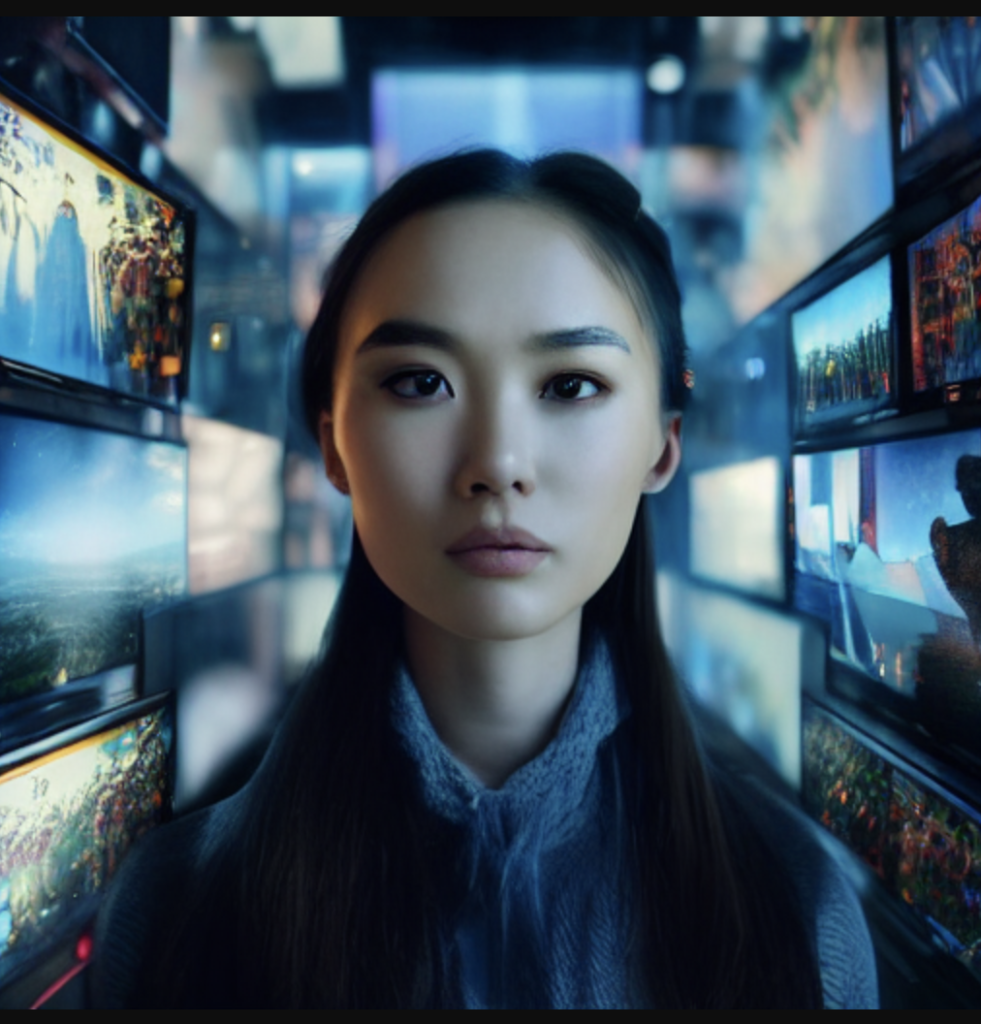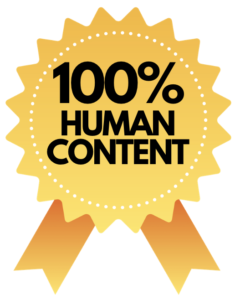
Obviously, the airwaves are dominated with news and observations about ChatGPT, especially when it comes to creativity and jobs.
However, I think the bigger threat to creators is something else. And it’s already here.
When it comes to creativity, there’s a persistent (hopeful) argument that humans will have an edge, at least for a while! But does that matter if our audience is moving away from us day by day?
The biggest threat to creators
 Today, we take recommendation engines for granted, whether it’s Netflix, TikTok, or another place we enjoy content. These algorithms serve a useful purpose by helping us cut through seemingly infinite choices. We happily let a machine feed our content habits.
Today, we take recommendation engines for granted, whether it’s Netflix, TikTok, or another place we enjoy content. These algorithms serve a useful purpose by helping us cut through seemingly infinite choices. We happily let a machine feed our content habits.
My friend Daniel Nestle correctly said, “Recommendation engines give us a free pass for not being curious.”
The various recommendation engines are at war with each other as they seek to suck up more and more of our attention. Their victory is secured when they earn bigger chunks of our attention. It’s almost like fighting for shelf space in the grocery aisle. And for every victory, there is a loser, and in this case, the losers are individual creators.
Like me.
Creativity cannot stand alone
There are many reasons to create content. I write for many healthy reasons — even if nobody is reading it.
But a creator can only make money if they have an audience who supports them. And that is the real problem. Even if we can combat ChatGPT and the army of AI bots coming at us, our audience is shrinking because people only have so much time to consume our blogs, videos, and podcasts and audiences are being pulled away from us.
For the media giants to win, they must create content and recommendation engines that pull attention away from every other form of content. This is a high-stakes game with billions of dollars at risk.
But there is more …
The New York Times reported how new artificial intelligence tools from Google and Microsoft give answers to search queries in full paragraphs rather than a list of links. Many publishers and content creators worry that far fewer people will click through to news sites as a result, shrinking traffic — and, by extension, revenue.
The new A.I. search tools remain in limited release, but in an effort to prevent the industry from being upended without their input, many publishers are pulling together task forces to weigh options, making the topic a priority at industry conferences and, through a trade organization, planning a push to be paid for the use of their content by chatbots.
“You could essentially call this the Wikipedia-ization of a lot of information,” said Bryan Goldberg, the chief executive of BDG, which publishes lifestyle and culture websites like Bustle, Nylon and Romper. “You’re bringing together Wikipedia-style answers to an infinite number of questions, and that’s just going to nuke many corners of the open web.”
The flip side
We live in an amazing time. Influence has been democratized. It doesn’t matter who you are, where you live, or any darkness you might have in your life. You can create, almost for free. You can carve out your own niche of influence. You can have impact.
Even with every threat against creators right now, I would urge everyone to publish and establish a personal brand on the web. It’s all we have, really.
I just wanted to provide a different perspective today. While there are thousands of posts out there panicking about creators and ChatGPT, the bigger threat to our livelihoods is not being recognized. It’s the recommendation engines, growing ever more powerful, more dominant, eroding our audience week by week.
What are your thoughts? What’s the strategy to win?
 Mark Schaefer is the executive director of Schaefer Marketing Solutions. He is the author of some of the world’s bestselling marketing books and is an acclaimed keynote speaker, college educator, and business consultant. The Marketing Companion podcast is among the top business podcasts in the world. Contact Mark to have him speak at your company event or conference soon.
Mark Schaefer is the executive director of Schaefer Marketing Solutions. He is the author of some of the world’s bestselling marketing books and is an acclaimed keynote speaker, college educator, and business consultant. The Marketing Companion podcast is among the top business podcasts in the world. Contact Mark to have him speak at your company event or conference soon.
Follow Mark on Twitter, LinkedIn, YouTube, and Instagram.
Illustration courtesy MidJourney


